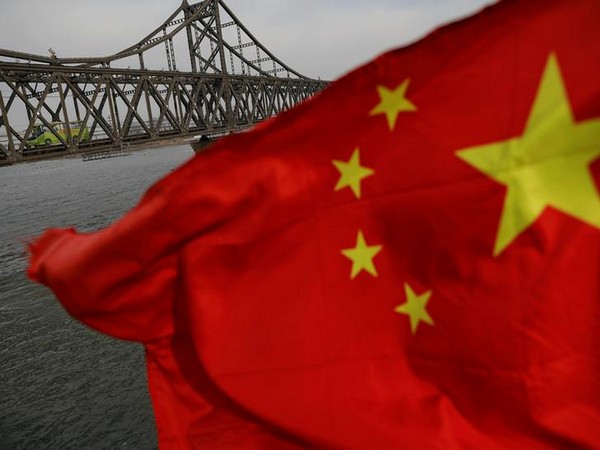China’s debt diplomacy is not only a threat to the natural assets of the African countries but also a threat to the sovereignty of these countries. Unsustainable debt and the constrictive terms of Chinese loans have come under increased scrutiny in recent years as more governments have signed deals with China, reported Africa Daily.
Concerns have particularly focused on some clauses that allow Chinese entities to seize property or assets when there are defaults.
Between 2000 and 2020 alone, China lent a total of USD 59.87 billion to African countries and has become the largest creditor to Angola (USD 42.6 billion), Ethiopia (USD 13.7 billion), Zambia (USD 9.8 billion) and Kenya (USD 9.2 billion), which are now struggling to meet their debt obligations, reported Africa Daily.
The problem has become even more acute due to the steep increase in interest rates in the US and other major economies over the last year and the relative fall in the value of the currencies of these African countries, making loans offered in dollars and other currencies expensive.
Moreover, the economic recession due to the pandemic and Russia’s invasion of Ukraine has undermined the ability of many African nations to service their sovereign debts. According to Chatham House, at present 22 low-income African countries are either already in debt distress or at high risk of debt distress, reported Africa Daily.
According to researchers at Chatham House, huge Chinese lending to Africa has created a dilemma for China as it struggles to recoup its money and at the same time presents itself as a friendly nation. They warned that China could resort to more unilateral actions by appropriating significant native assets such as ports, railways or power networks in response to defaults.

